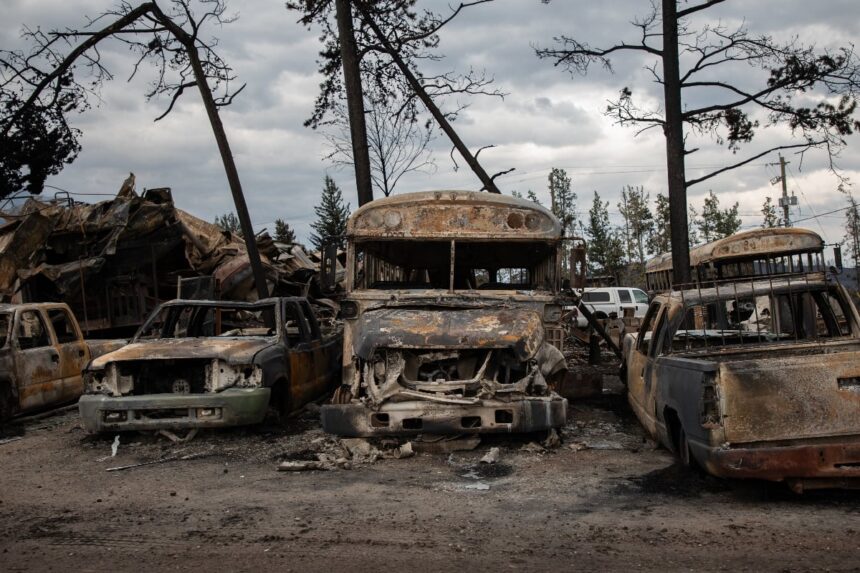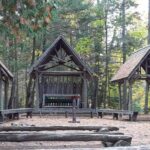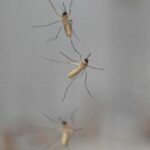The wildfire report that landed on desks across Alberta last week has ignited more than just policy discussions. Premier Danielle Smith’s demand for a formal apology from federal officials over what she called “politically motivated conclusions” in the Jasper National Park fire assessment has created a firestorm of its own.
As I sat in the provincial legislature yesterday watching opposition members wave copies of the report during question period, it became clear this controversy touches nerves far beyond forestry management practices.
“This isn’t about politics, it’s about accountability,” said Hannah Morrison, whose family restaurant in Jasper still hasn’t reopened following last summer’s devastating fires. I spoke with her after she drove three hours to attend the session. “We lost everything while officials argued about jurisdiction. Now they’re arguing about who gets blamed?”
The 187-page federal assessment, compiled by Parks Canada scientists and independent experts, pointed to “significant delays in coordinated response” and “communication breakdowns between provincial and federal authorities” as contributing factors in the wildfire that destroyed nearly 40% of Jasper’s commercial buildings last July.
Premier Smith quickly rejected these findings, calling them “a thinly veiled attempt to shift blame away from federal park mismanagement.” At Tuesday’s press conference, she demanded the federal environment minister issue “an immediate retraction and apology to Albertans.”
Data from Environment Canada shows Alberta experienced its driest spring in 75 years before the fires, with precipitation at just 38% of normal levels. The report acknowledges these conditions while noting that initial firefighting resources were deployed 16 hours after the first flames were spotted near Jasper’s eastern boundary.
“The jurisdictional confusion created delays that shouldn’t have happened,” explained Dr. Robert Chang, wildfire management specialist at the University of Alberta. “When both sides believe the other should take the lead, valuable response time gets lost.”
For those in Jasper still rebuilding, the political tensions feel disconnected from their reality. Sarah Leblanc, who coordinates the Jasper Recovery Network, told me during my visit to the community last week that residents are exhausted by the finger-pointing.
“People here just want to know this won’t happen again,” she said, showing me the foundation of what used to be her craft shop. “Every time officials argue about the report instead of implementing its recommendations, trust erodes a little more.”
The provincial response has drawn criticism from municipal leaders across party lines. Calgary Mayor Jyoti Gondek questioned the premier’s priorities: “When disaster strikes, Albertans expect their leaders to focus on solutions, not jurisdictional squabbles.”
Budget documents show Alberta reduced wildfire preparedness funding by 12% in the three years preceding the Jasper disaster, while federal parks fire management resources remained relatively stable during the same period. Neither fact features prominently in official statements from either government.
The report makes 43 recommendations, including establishing clear command protocols for fires near jurisdictional boundaries and increasing year-round prevention measures in high-risk zones. Twenty-eight of these recommendations require joint provincial-federal implementation.
“The recommendations themselves aren’t particularly controversial,” noted Greg Sutherland, former incident commander with Alberta Wildfire Management. “What’s contentious is the assessment of what went wrong, which touches on political sensitivities about autonomy and responsibility.”
Recent polling from Abacus Data suggests 67% of Albertans want officials to focus on implementing preventive measures rather than debating responsibility for past fires. The same poll found only 29% of respondents believed the premier’s response to the report was appropriate.
In communities surrounding Jasper National Park, residents express frustration with the political theatre. During a community meeting in Hinton last night, I watched as local councillor Patricia Davis interrupted a heated argument about the report’s findings.
“While we’re debating who should apologize to whom, fire season is approaching again,” she told the room of about 60 residents. “Are we any better prepared than last year?”
The question hung in the air, unanswered.
For Premier Smith, who faces re-election next year, the wildfire report represents more than just emergency management critique. It touches on her core message about provincial autonomy and what she describes as “federal overreach” into Alberta affairs.
Meanwhile, in Jasper, reconstruction continues slowly. Tourism bookings remain down 42% from pre-fire levels according to the Jasper Hotel Association, and nearly one-third of displaced businesses have permanently closed or relocated.
“We don’t need another report or another political speech,” Morrison told me as we parted ways outside the legislature. “We need leaders who can work together so next time—and there will be a next time with our changing climate—people don’t lose everything they’ve built.”
As summer approaches and wildfire season looms again, the report’s recommendations remain just that—recommendations. Whether they’ll translate into action depends largely on whether officials can move past the blame game toward the cooperation the report itself identifies as critically needed.






